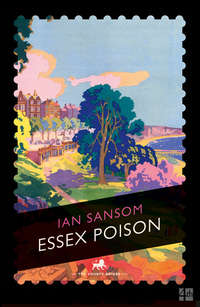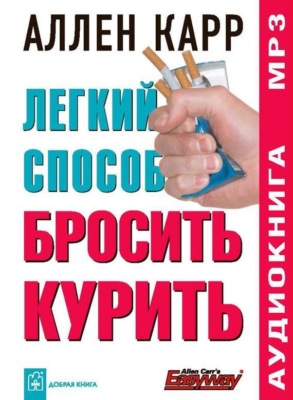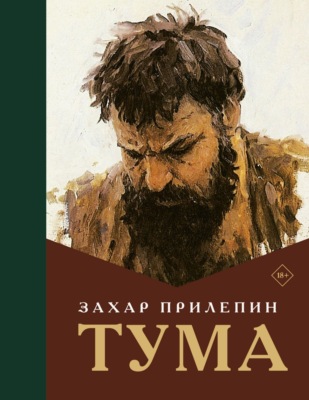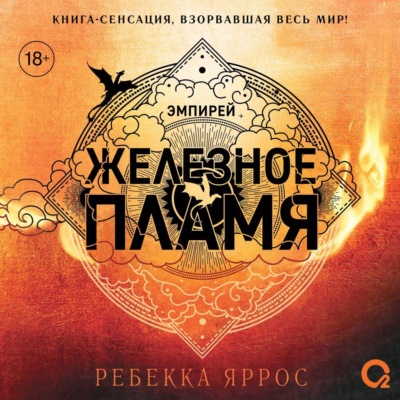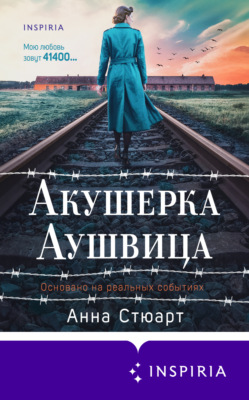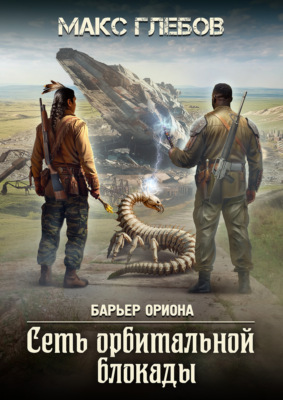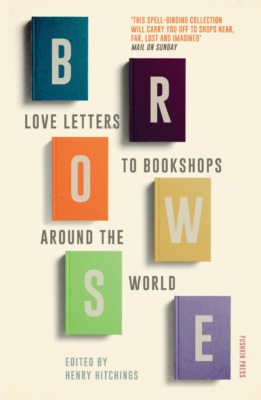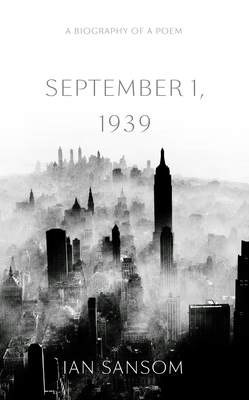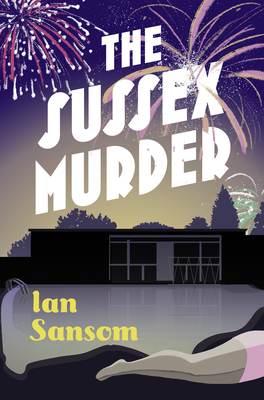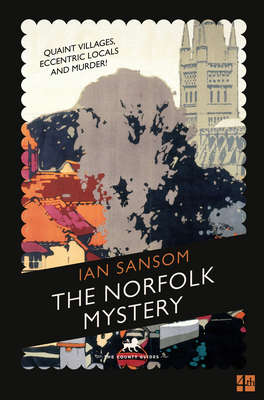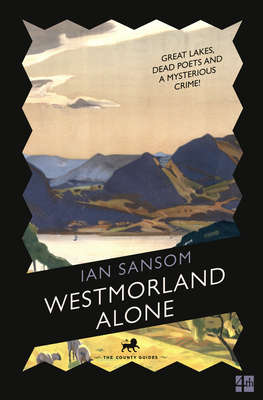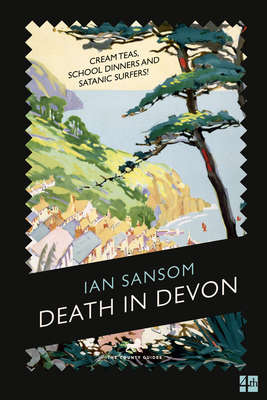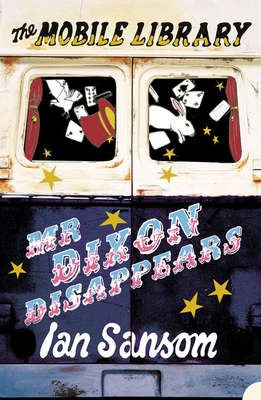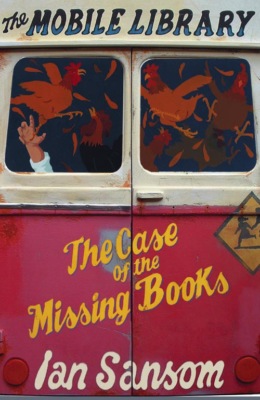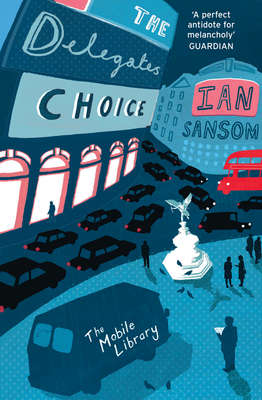Loe raamatut: «Essex Poison»


Copyright
4th Estate
An imprint of HarperCollinsPublishers
1 London Bridge Street
London SE1 9GF
This eBook first published in Great Britain by 4th Estate in 2017
Copyright © Ian Sansom 2017
Cover image © Science & Society Picture Library / Getty Images
Ian Sansom asserts the moral right to be identified as the author of this work
A catalogue record for this book is available from the British Library
All rights reserved under International and Pan-American Copyright Conventions. By payment of the required fees, you have been granted the non-exclusive, non-transferable right to access and read the text of this e-book on-screen. No part of this text may be reproduced, transmitted, down-loaded, decompiled, reverse engineered, or stored in or introduced into any information storage and retrieval system, in any form or by any means, whether electronic or mechanical, now known or hereinafter invented, without the express written permission of HarperCollins
Source ISBN: 9780008146740
Ebook Edition © January 2017 ISBN: 9780008147068
Version: 2017-11-14
Dedication
To Trinity
Epigraph
I come not from Heaven but from Essex.
WILLIAM MORRIS, A Dream of John Ball (1888)
Contents
Cover
Title Page
Copyright
Dedication
Epigraph
Chapter 1: London, Underground
Chapter 2: In the Oven
Chapter 3: The Rendezvous
Chapter 4: The Music Writers’ Mutual Publishing Co.
Chapter 5: A Topographical Cremeschnitte
Chapter 6: The Boulevards of Becontree
Chapter 7: This is England
Chapter 8: The Dagenham Girl Pipers
Chapter 9: The Role of Pageantry
Chapter 10: The Oyster’s Lonely Subterraqueous Sigh
Chapter 11: The Aviatrix
Chapter 12: Bluebeard’s Castle
Chapter 13: A Kind of Knocking
Chapter 14: A Mechanical Aphrodisiac
Chapter 15: What Have the Romans Ever Done for Us?
Chapter 16: Flitration & Purtefication
Chapter 17: An Average Essex Affray
Chapter 18: A Few Discreet Enquiries
Chapter 19: Loose Screw
Chapter 20: The ‘Cottaging’ Existence
Chapter 21: Proof! Proof!
Chapter 22: Kursaal
Chapter 23: Up and Down and Round and Round
Chapter 24: Oil and Dirt
Chapter 25: In the Trenches
Chapter 26: Jumbo
Chapter 27: Paradise, Norfolk
Acknowledgements
Picture Credits
Keep Reading …
About the Author
Also by Ian Sansom
About the Publisher

CHAPTER 1
LONDON, UNDERGROUND
BERRAK THE TURK was busy smoking narghile and reading the newspaper while simultaneously dispensing hot sweet mint tea from the tarnished silver urn perched on the edge of the counter. He was dressed as always in a wrinkled white shirt and was seated on the long, low lumpy leather sofa that served as his office and command centre, old newspapers and his dictionary piled beside him, an enamel bowl of sugar cubes and bright green mint leaves close to hand. The wall behind him was exposed brick, painted a mottled pale blue, presumably intended to resemble a clear summer day. But the wall oozed and trickled silently with damp, making it look rather more like a mourning sky in autumn. The dusty bookcase beside the desk was piled high with worn and ragged towels and beneath the hiss and glare of the crooked gas chandelier hung a stained board marked with prices: the prices never changed and bore no resemblance to what you paid. The gramophone was playing a scratchy ’78 of classical classics, the same record that was always playing, ever since I had been coming; there was no other record. Rachmaninoff’s Prelude in C-sharp minor; even I knew that the second movement of Mozart’s Piano Concerto No. 20 was about to follow. I wondered if Berrak ever grew tired of it. He showed no signs of doing so.
‘Selam! Selam! Mr Sefton, you are back. You have returned! Nasilisiniz? We haven’t seen you for so long.’
I had been away with Morley and Miriam in Westmorland, where things, it must be admitted, had not gone entirely to plan. For every good memory from those years there is always something else, something that can’t be avoided or denied: some death or disaster, some terrible discovery or disappointment. I’d learned in Spain that dread and despair are constant companions to adventure and during my time with Morley, for all its good, it often felt as though I were somehow being buried alive in yet more bad memories and that there was no escape. I had to do everything and anything to help me breathe.
‘Mr Sefton!’ continued Berrak. ‘It is very good to see you. Very very good.’ He shook me warmly by the hand. At least Berrak never changed. ‘My uncle was asking about you.’ He offered me tea. ‘Smoke?’ I declined both the tea and the smoke. ‘Uncle will be pleased.’
Berrak’s uncle was not his actual uncle. He may well have had a dozen actual uncles back home in Turkey but his English uncle was a Mr Klein, the owner of the Russian Turkish Baths and Berrak’s employer. I had met Klein on a number of occasions. We’d got on well. He was an educated man – neither Russian nor Turkish nor indeed English but from Poland, via Hackney – tiny, barely feet five tall, and fascinated by literature and by art, and with almost as many opinions as he had business interests. Klein made and sold his own rouges and fragrances (‘Klein’s Perspiration-Proof Make-Up’), he made and sold wigs (formed of real human hair), he ran a chain of haberdashers and hairdressers (patronised by the stars of British cinema), he rented properties and owned part shares in cinemas (including the beautiful old Capitol cinema in Winchmore Hill), he sold furs and jewellery, and he had the baths. He was a businessman in the very broadest sense. When I had first returned from Spain he had been kind enough to offer me work in the import and export branch of one of the businesses based down at St Katharine Docks, but I had been unable to take him up on the offer – not being in a fit state at the time to do anything but patronise his baths and go drinking. Sometimes I wondered what my life might have become if I had thrown in my lot with Mr Klein rather than with Morley. Things might have worked out better – or maybe not. Different, certainly.
‘It is very delighted to see you, Mr Sefton,’ said Berrak. He was paid to make people feel welcome, of course, but, nonetheless, he was good at his job. ‘We are all very glad to see you! I will tell Mr Klein you were here. Immediately, hereupon and in a jiffy.’
I had known Berrak for two or three years. I knew nothing about him except that he was a keen student of the English language and was always eager to try out the new words that he learned from his dictionary and from the newspapers.
‘Some people came here asking for you.’
‘When?’
‘Today. Yesterday. The foretimes.’
‘Did they say who they were?’
‘They said they were your friends.’
‘I see. What did they look like?’
Berrak shrugged his shoulders. The narghile didn’t only contain tobacco.
‘Was it a man and a woman?’
Berrak shrugged again. He could be intolerably vague, as well as unconditionally welcoming; perhaps the two things were related. He was in many ways the perfect doorman and receptionist, though one wouldn’t want to have relied on him as a witness. I paid my money and he handed me a greasy metal token and a threadbare towel that had perhaps once been royal blue but which was now a very definite shade of grey.
I went to Klein’s Russian Turkish Baths not to get clean – there were plenty of places in London you could go to get clean. (Probably the best baths in those days were on Grange Road in Bermondsey, a palace in marble and stone, but they were always crowded with women doing their washing and children in the swimming baths.) I went to Klein’s, and to the old Ironmonger Row Baths, and one or two other places in Soho that offered other services, for the same reason in those years that I went to bars and to pubs, and to bottle parties: to escape.
The effect of entering Klein’s was profound and instantaneous. You walked down the corridor away from the reception and into a world that was warmer, hazier and altogether more pleasant than that which you left behind – the effect of heat and damp, of low lights and lowered voices. A few Moorish-style lanterns on the wall lit the way to the changing room.
I undressed and showered: you always showered before bathing. The rusty spigots that served as showerheads spat out a trickle of warm water that ran into a gutter that circled the room like a castle moat, and which was always almost-but-not-quite full to overflowing with a foaming tide of suds. Berrak probably needed to spend less time smoking narghile and more time slopping out, but then again this was all a part of the charm of the place. Klein’s was neither a true Turkish hamam nor a Russian banya: it was a step down and away from the city into the secret and endless comforts of the River Lethe and the waters of forgetfulness. Some people said that the water was diverted from the River Fleet itself. It was London, underground.
Leaving the changing room, I walked down more slippery stone steps and through and along another corridor, inhaling the rich, thick damp vapour as I went. Pipes overhead hummed and belched and rattled with steam. It was as though the building were alive, an actual being, welcoming you and embracing you. I felt my shoulders relaxing and my chest expanding with every breath. I had spent the evening gambling and drinking – gin, cheap white wine, and whatever else I could get hold of. I was feeling pretty tight.
The corridor led to a tiny pool not much larger than a water tank, which you climbed up and into via stepladders. There was nothing down here – ten, twenty feet beneath High Holborn – but darkness and the sound of running water. Set around the pool was a series of steam rooms of varying heat, set aside for various activities. Mixed bathing was permitted at Klein’s, but I never once saw a woman there. It was a place for men to be men – and to forget to be men.
I had paid Berrak for the masseur, a tough little Lascar who everyone called Darjeeling, though of course that can’t possibly have been his name. I’m rather ashamed now to admit that I never bothered to ask him what he was really called. He had permanent quarters established in one of the cooler steam rooms. I knocked, stepped in and handed him my token. As was his custom he immediately set to work without a single word.
The Darjeeling Room, as everyone called it, always smelled the same: of sweat, cheese and tobacco. It was a place where time stood still and where Darjeeling practised the ancient arts that he may have learned in India, or in the navy, or perhaps indeed from a book like Morley’s Scientific Massage: Principles and Techniques (1922), in which Morley recommends the vigorous application of talcum, vaseline and lanolin, not only for the purposes of improving muscle tone and relieving pain, but also in order to ‘align the body’s organs and to release the natural flow of human energy’. Darjeeling was not much interested in alignment and releasing human energy. He worked as if you were a horse or some show dog presented for grooming. He used a hard horsehair brush, which he worked in small circular motions all over the body to remove the top layer of dirt, before hosing you down and getting to work with his fingers, elbows and – occasionally – his entire fist. The experience was painful, but there was no doubt that it was also a pleasure, an honour even to be worked upon by a man with such skills. In the privacy of Klein’s, Darjeeling became your mother, your lover, your persecutor, comforter and friend.
Duly pummelled, exhausted and exhilarated, I thanked him – you left tips upstairs with Berrak – and worked my way weakly and slowly through the other rooms to the Russian Room, the hottest steam room known to everyone as the Oven. Between Darjeeling and the Oven there were three rooms: the Smoke Room, the Silent Room and the Golden Ring. The Smoke Room contained a red-hot wood-burning stove: the experience resembled that of being caught in a clearing in the smouldering remains of a forest fire. In the Silent Room one simply gazed at glowing hot rocks kept boiling in a pit, while in the Golden Ring men congregated for the privilege of schmeissing, a practice I have never encountered elsewhere, where complete strangers rubbed and scrubbed at one another with a hard raffia brush until the skin turned red and golden. I was not a great schmeisser; my one and only experience had involved a man, not a regular, who’d started pawing at me. (This sort of carry-on, though not unheard of, was generally frowned upon at Klein’s, though to make my point and to throw off my schmeisser I’d had to grab him roughly by the throat, pinch his nostrils and tell him that I wasn’t going to let go until he stopped. He stopped.) In Klein’s it was my preference to act as an observer rather than as a participant. Unfortunately, that night in the Oven, I became the object of unwelcome attention.

CHAPTER 2
IN THE OVEN
A GROUP OF WELL-BASTED REGULARS stood around the furnace in the centre of the room, as though gathered for warmth. They were – naturally – entirely naked, their towels slung over their shoulders. I recognised some but not all of them. There was Willy Mann, who owned a couple of restaurants up around Fitzrovia and who also ran a number of Klein’s businesses on his behalf. John Jacobs, who I knew was an art dealer of some kind, though of exactly what kind was never made entirely clear. And a tiresome American, Ned Price, who was some sort of journalist and who had arrived in London from Paris a couple of years earlier and who never tired of reminding us that London was not Paris, as if we didn’t already know. There were also three or four others who from the neck down looked almost feminine, rather Rubenesque – what Klein would have called zaftig – but who from the neck up looked like they had been hit repeatedly by Jim Corbett, John L. Sullivan and Joe Louis, slowly and repeatedly, and in relay. In suits they’d have looked menacing. In the flesh, and through the haze of the Oven, they were grotesque. (In an article, ‘Getting Ugly’, published in the popular magazine Photoplay in 1932, Morley writes about the work of the actor Lon Chaney, one of his great heroes, ‘The Man of a Thousand Faces’, who dared to play grotesques, and also about Boris Karloff and his relationship with the Hollywood make-up artist Jack Pierce, who was responsible for Karloff’s incredible make-up in Frankenstein. Morley loved monsters. ‘We should always remember,’ he writes, ‘that physical defects are not necessarily signs of moral deformity.’ Not necessarily. But Morley had never been to Klein’s.)
‘Well well,’ said Willy Mann, who spotted me as I entered. Willy was a humourless individual with the manners of a second-rate maître d’, who liked to think he knew a little bit of everything about everyone. ‘If it’s not the famous Stephen Sefton. Are we not honoured?’
The others turned to stare, and it was difficult not to stare back. It takes a moment to adjust to speaking to half a dozen naked men.
‘Where have you been, Sefton?’ asked Ned Price, ever the journalist.
‘I’ve been travelling,’ I said, which was true. The stone floor was hot beneath my feet.
‘Somewhere nice, I hope?’ said John Jacobs.
Devon and Westmorland – and Norfolk – were pleasant enough places. But I wouldn’t exactly have described our experiences there as ‘nice’: the Appleby crash had been national news; events in Devon had caused a minor scandal; Norfolk was a mess.
Willy Mann took me by the arm and leaned close towards me, lowering his voice.
‘How are you fixed at the moment, young man?’ Willy was only a few years older than me – not even thirty – but he referred to everyone as ‘young man’. He thought it made him sound avuncular and authoritative.
‘Fixed?’ I asked. He could easily have meant a number of things.
‘For work?’ he clarified.
‘I’m fine, thank you, Willy.’
‘You’re in gainful employment?’
‘You could say that.’ My work with Morley was certainly employment – of a kind. But gainful? In what sense it was gainful I wasn’t at all sure. Certainly I was paid; it got me out of London; but apart from Miriam it was sometimes difficult to see the benefits; indeed, because of Miriam it was sometimes difficult to see the benefits.
‘I’m guessing you could always do with a little something on the side?’ said Willy. ‘Am I right, or am I right?’
The Oven was beginning to work its effects on me. I usually lay down on one of the benches to prevent myself becoming dizzy. My head was beginning to feel cloudy.
‘Mr Klein has some business he needs taking care of,’ continued Willy. ‘And he needs someone … presentable to take care of it. A fresh face. A front man. Someone … educated. Someone … like you, Sefton.’
‘And what’s the business that needs doing?’ I asked, trying hard to focus on Willy’s face.
‘You’d have to talk to Mr Klein, if you were interested.’
‘What sort of thing is it?’
‘I can’t go into details, I’m afraid. It’s to do with a little land deal up around Becontree.’
‘Becontree?’
‘Out in Essex, where they’re building the big estates.’
‘No thanks, Willy,’ I said. ‘I don’t want to go to Essex.’
‘What have you got against Essex?’
‘Nothing. I just …’ I couldn’t even picture Essex in my mind. East of London? South of London? Essex was just another county. I’d had enough of other counties. If I could, I’d have stayed right here, in the Oven.
‘Well, anyway. The offer’s there. You let me know if you change your mind.’
‘I will, Willy, thanks. I …’
As I spoke I felt my legs buckling and I began to fall sideways: one of the grotesque men caught me by the arm.
‘Oh God, get him out,’ said Willy Mann.
‘Not used to the heat any more, Sefton?’ said Ned Price.
‘Good to see you, wouldn’t want to be you!’ said John Jacobs, as the door to the Oven slammed behind me and I found myself abandoned, flat on my back in the cool of the pool room.
I somehow pulled myself up onto the stepladder and went up and up and then head first into the pool, all the way down to the bottom. I could feel the burn in my chest and the thrill of light-headedness as the cool water began reviving and cleansing me. I sat at the bottom of the pool for as long as I could before I thought my lungs might explode. Coming gasping to the surface felt like being born again. I felt free. I could breathe once more.

Half an hour later, entirely refreshed and dressed, I said goodbye to Berrak and stepped back out onto London’s streets. Klein’s had worked its magic. My mind was clear.
No sooner did the big scarred metal door of Klein’s bang conclusively shut but two men instantly approached and fell into step behind me.
‘What date is it, Mickey?’ asked a voice.
‘The eleventh, the twelfth?’
‘The thirteenth I thought, isn’t it? October the thirteenth?’
‘The thirteenth, well, well. Unlucky for some, eh, Sefton?’
It was my old friends Mickey Gleason and the Scot MacDonald.
‘There’s someone who’d like to see you,’ said MacDonald.
‘Very much,’ said Mickey. ‘You’ve been missed, Sefton.’

